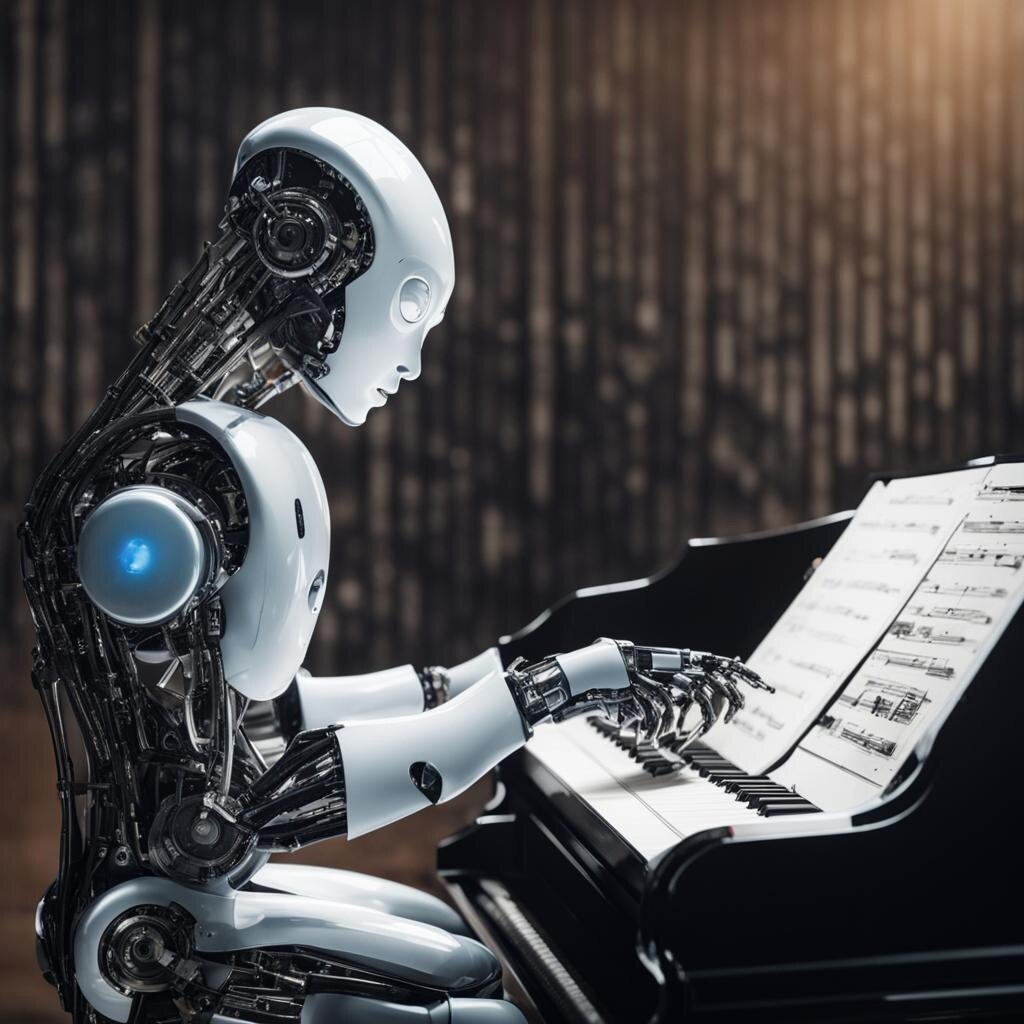
AI music triggers stronger emotions than human music
Have you ever wondered why one melody gives you goosebumps while another leaves you indifferent? Scientists discovered something interesting. Music created by artificial intelligence triggers more intense emotional reactions in people than compositions written by humans.
88 volunteers participated in the experiment. All watched identical videos but with different musical accompaniment. One group listened to music written by humans. The second – generated by a neural network from a simple request. And the third – also created by artificial intelligence, but from a more detailed description.
The results were as follows. Music by living composers seemed familiar to participants, while AI creations appeared captivating.
These subjective sensations were confirmed by objective observations. Listeners of neural network music showed noticeably dilated pupils and increased blinking frequency. The reaction was particularly pronounced to music created from detailed requests. These participants even showed increased skin resistance, indicating heightened cognitive load.
Scientists suggest that perceiving AI music requires more resources from our brain. Interestingly, despite more vivid emotions, participants didn’t rate neural network compositions as more pleasant or, conversely, less pleasant.
